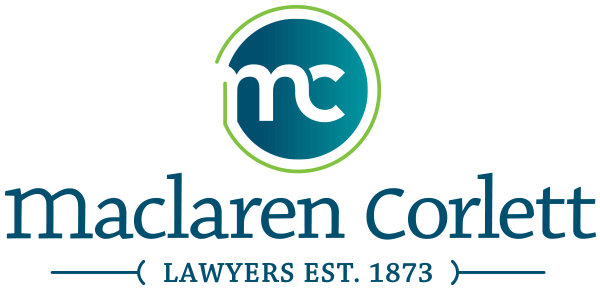Advertising – Can they really say that?! Advertising self-regulation in Canada – Part 6 and Final
In my penultimate blog (Advertising self-regulation part 5) in this series, I discussed the Appeal process of the Advertiser Dispute Procedure under Advertising Standards Canada (ASC). In this final blog on ASC’s Advertiser Dispute Procedure I will review the enforcement, timing and cost issues related to filing complaints and suggest where this dispute procedure may fit among the options that are available to challenge advertising in Canada.
Enforcement
If the party with an offending advertisement does not comply with a Panel or Appeal decision, ASC will publish a summary of the outcome of the Dispute Procedure, including identifying the parties to the dispute, the facts and issues in dispute and a description of the advertising in question. “Publishing” will include posting the information on ASC’s website, informing the media carrying the advertising in question and potentially notifying the Competition Bureau. If the disputed advertising is being carried in traditional media, that media is likely to pull the advertising. This may be a significant enforcement threat for an advertiser, depending on the future media plans that it has in place. If however the advertising is being carried predominantly in digital media, or if the traditional media campaign is in hiatus or at an end, the publication threat may be of minimal effect. However, despite this being a voluntary rather than legal procedure, there have been no reported instances of non-compliance since 2010. Prior to that time the details of two disputes were published on ASC’s website. There have not been any instances where the Competition Bureau has been notified of any non-compliance.
Timing
Relevant timing is set out in the Advertising Dispute Procedure. Assuming that there are few or no extensions granted, the process can be undertaken quite quickly from start to finish. However, strategic use of extensions, and the time given for compliance, may allow the defendant advertiser to successfully complete an offending campaign before amendments need to be made or advertising removed.
Costs
The Fee Schedule sets out the various costs associated with each stage of the Dispute Procedure, and the cost is higher for companies that are not members of ASC. It is by no means an inexpensive alternative, however it is likely less expensive than taking court action. It should, however, be noted that a complaint to the Competition Bureau may not be a particularly costly alternative either IF the Bureau elects to pursue a matter on its own initiative, either as a result of its own enforcement priorities or in response to a consumer complaint.
Summary
In summary, it should be remembered that the ASC Dispute Procedure is part of a self-regulatory regime where court rules do not apply and where even the rules of natural justice have not been invoked, at least not to our knowledge remembering the confidential nature of such proceedings. However, while recognizing some of the inherent risks involved, it may prove to be the most time and cost efficient, and practical, option to consider in assessing alternative methods to address complaints about a competitor’s advertising programmes. Our advertising and marketing lawyers would be happy to discuss this option and any of the other options available to you to deal with competitive advertisements that you feel are not compliant with regulatory or industry standards in Canada.



